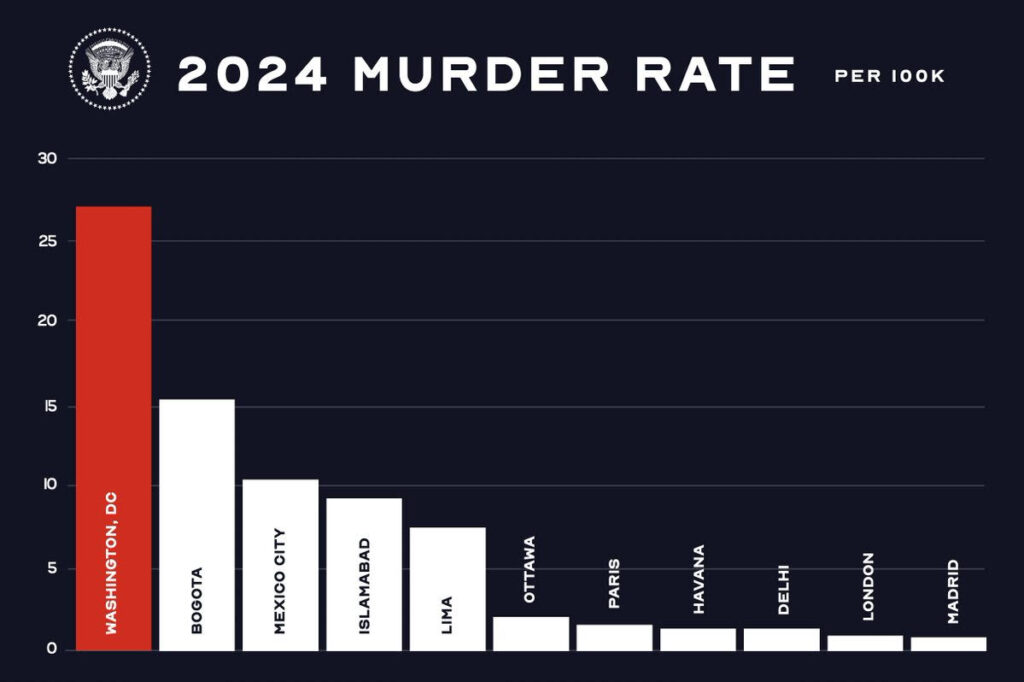Putting Egypt and Turkey On Notice
Ayatollah Ali Khamenei, the supreme leader of Iran, published a book back in 2011 entitled, “Palestine.” In his book, the leader of Iran lays out in explicit detail his vision of how to destroy the “Zionist entity” phase by phase:
- Make life in Israel miserable with daily terror attacks from Palestinians in Judea and Samaria, Hamas in Gaza, and Hezbollah in Lebanon;
- Create never-ending instability on all fronts: militarily, politically, economically, and culturally, thereby threatening the national cohesion of the State of Israel;
- Orchestrate the dispersion of the Jews to the previous countries from which they fled or immigrated.
Given this, it was no surprise that when the Iranian ballistic missiles began raining down on Israel ten days ago, that Palestinians everywhere celebrated and danced in the streets and rooftops, handed out sweets, and cheered on the destruction and havoc caused by these bus-sized ballistic missiles with 1.5-ton warheads.
Yet despite this apocalyptic Islamist fantasy of total destruction, Ayatollah Ali Khamenei remains holed up in some descript bunker in the north of Iran with his immediate family, cut off from the world, exhausted, and consumed with his hatred of the Jews and the State of Israel. Given the spate of deaths among his cohorts, he must be wondering about the moment when Israel will decide to finish him off for good.
From its inception, the Iranian regime’s stated goal has been the total destruction of the State of Israel. This is not a slogan, but a cornerstone of Iranian religious, political, and military doctrine. Iran and its current leadership (or what’s left of them) are indeed an “existential threat” to the State of Israel. It was only at the last minute that Israel and America destroyed Iran’s nuclear arsenal.
All along, Iran’s plan was to surround Israel and coordinate an attack on the State of Israel with their terror proxies: Hamas in Gaza, the Palestinians in Judea and Samaria, Hezbollah in Lebanon, the Houthis in Yemen, and the Syrian Army, all of which culminated in a barbaric and savage attack on Israel on October 7th, the worst since the Holocaust. Yet, from that dark day, from the depths of unfathomable suffering, when Israel was caught unprepared for the murderous assault, they managed to destroy some of the top leadership of Hamas and Hezbollah, seriously damage the Syrian Army, and eliminate much of the Iranian leadership.
In the aftermath of the ten-day war between Israel and Iran, Israel’s leaders must calibrate their thinking about how to deter future adversaries who, despite being perceived as neutralized, managed to coordinate an offensive rooted in the element of surprise, inflicting death and destruction and severely weakening Israel’s strategic capabilities and dominance in the Middle East.
Israel launched Operation “Rising Lion” to roll back the Iranian threat to Israel’s survival, but also to send a message to future adversaries such as Egypt and Turkey. Both of these nations have quietly abetted and supported the very same terror proxies that were trained and funded by the Islamic Republic of Iran.
Egypt and Israel signed a historic peace agreement in March 1979 to end hostilities and normalize relations. It marked the first treaty of its kind between an Arab nation and Israel. The peace agreement between Egypt and Israel was viewed at the time as having reshaped the history of the Arab-Israeli conflict for the better. Yet for the past two decades, Egypt’s claim to de-escalate and bring an end to the conflict between Israel and her neighbors would be much more believable and credible had they neutralized and prevented the construction of hundreds of underground tunnels between the Gaza Strip and the adjacent Sinai Peninsula, the eastern border of Egypt. These tunnels, some large enough to allow motor vehicles to pass through, enabled Hamas to import arsenals of weapons and unlimited materials to construct an underground military capacity that clandestinely threatened the State of Israel.
Although Egypt is a poor country, with a low per capita GDP and tens of millions of Egyptians forced to live in cemeteries or boxes instead of proper shelter, Egypt has built up the strongest army among the Arab nations of the Middle East with over 5,000 tanks, hundreds of advanced fighter warplanes and helicopters, 100 naval vessels and submarines, and an estimated one million soldiers in uniform.
A study by the Jaffee Center for Strategic Studies of Tel Aviv University reported that Egypt’s air force has undergone the most significant modernization of any military in the Arab world. “From the point of view of weapon systems,” the study concluded. “The military-technological gap between the Egyptian and Israeli Air Forces is gradually narrowing.” In addition, the “Egyptian Air Force’s increasing confidence is reflected in its acquisition of aircraft for deep-penetration strikes into enemy territory.” Egypt now has some of the most sophisticated U.S.-made weapons, including Abrams tanks, F-16 fighter planes, and Apache attack helicopters. Western intelligence agencies are aware of the fact that Israel, the country Egypt signed a “peace treaty” with, is the “enemy” in all of Egypt’s war games.
Despite its 85 million citizens, Turkey has failed to position itself as an influential regional power. The current Islamist government’s new policy, which is premised on Neo-Ottomanism, a political ideology and foreign policy approach that advocates for a renewed prominence of the Ottoman past and a return to the Ottoman Empire’s glory days. In recent years, Turkey registered a series of stinging diplomatic failures. Yet Prime Minister Erdogan and his party have reinforced their political status within Turkey through the daily scapegoating of Israel in the “best” of Islamic tradition.
Only recently, Turkey expelled the Israeli ambassador, suspended defense contracts with Jerusalem, announced legal action against senior Israeli figures in the European courts, threatened to bring the dispute before the international court and “take measures for freedom of maritime movement in the Mediterranean,” which includes positioning her Navy so as to interfere with the free movement of Israeli ships and mining expeditions in the Mediterranean Sea. In addition, Turkey has been a dominant and strategic partner of Hamas and her leadership, enabling terror leaders to fund and train terrorists in Turkey.
The epilogue to this current military engagement that ended with the total humiliation of Iran, showing them as a mere “paper tiger” and nothing close to the regional superpower they have falsely claimed to be. The lesson should not be lost on Egypt and Turkey. Both countries have large populations of poor and uneducated citizens, allowing them to become just another Islamic nation that can be overthrown at any moment. n
Ron Jager grew up in the South Bronx of New York City and made Aliyah in 1980. He served for 25 years in the IDF as a Mental Health Field Officer in operational units. Prior to retiring, he was Commander of the Central Psychiatric Clinic for Reserve Solders at Tel-Hashomer. Since retiring has been involved in strategic consultancy to NGOs and communities in the Gaza Envelope on resiliency projects to assist first responders and communities. Ron has written numerous articles for outlets in Israel and abroad focusing on Israel and the Jewish world. You can reach him at [email protected] or at RonJager.com.














